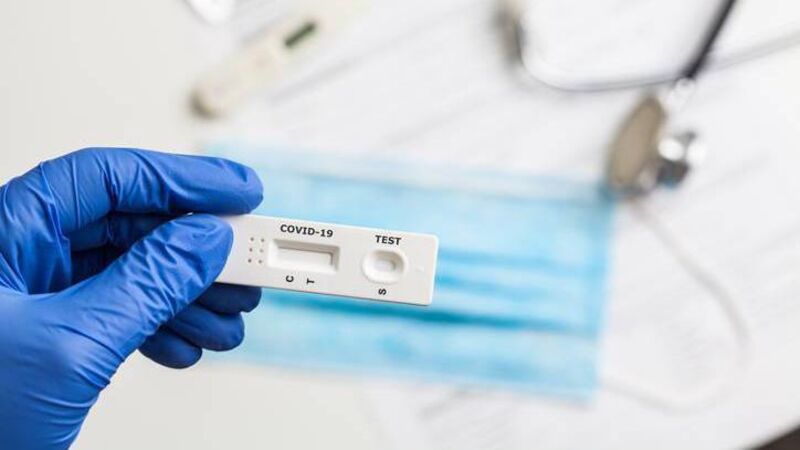Call for additional public health measures as Covid hospitalisations jump 347%

INMO general secretary Phil Ní Sheaghdha said hospitals have just 'emerged from the worst June for hospital overcrowding on record coupled with sharp increases in Covid cases'. Picture: iStock
Covid hospitalisations have jumped by 347% — from 198 to 885 — between May 29 and July 4.
That is according to the Irish Nurses and Midwives Organisation (INMO), with the union calling for additional public health measures due to the impact rising cases are having on hospitals.










